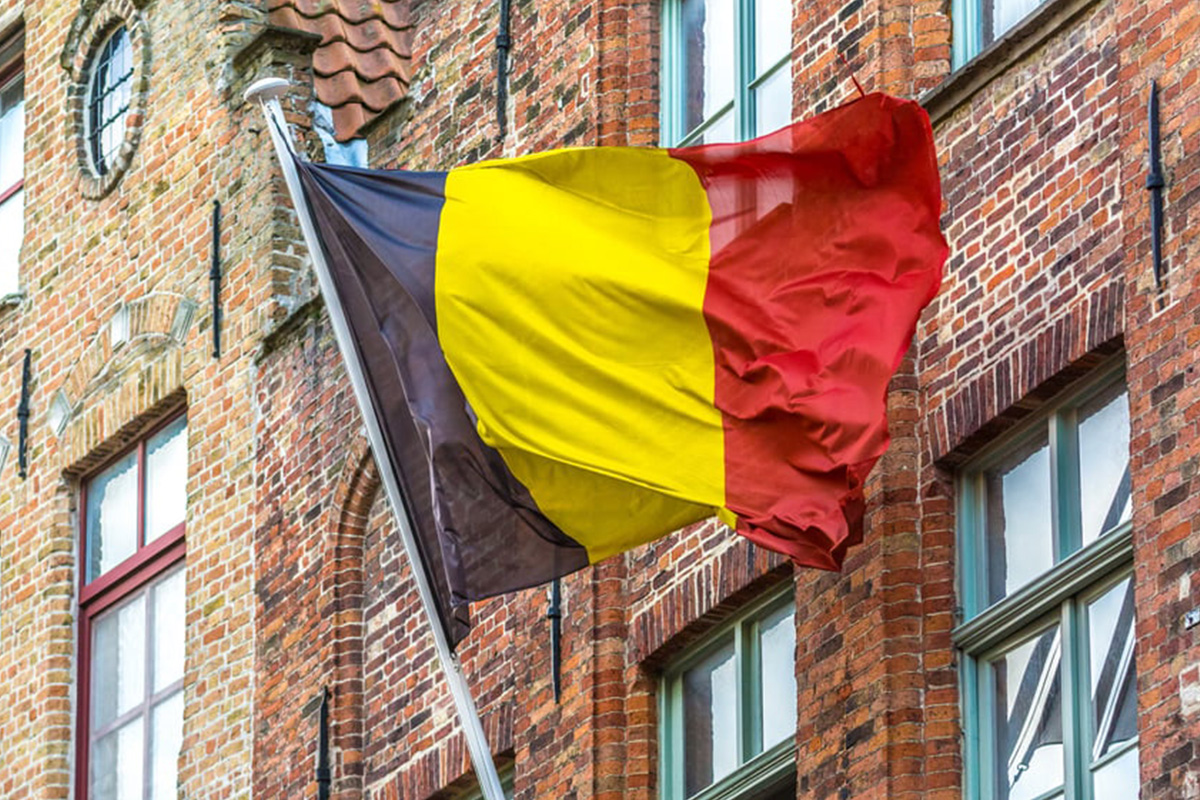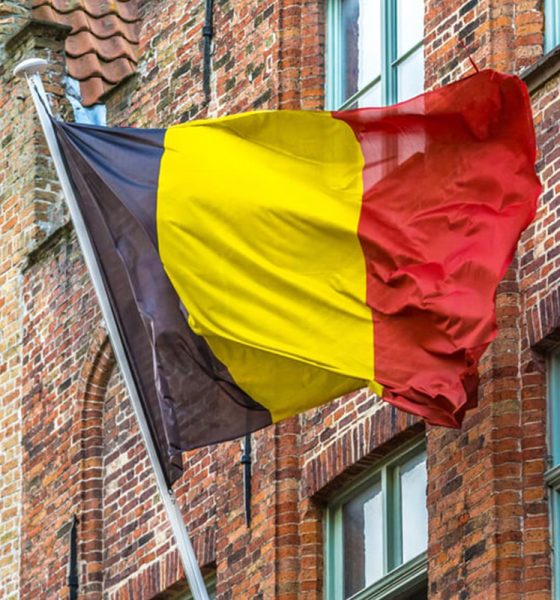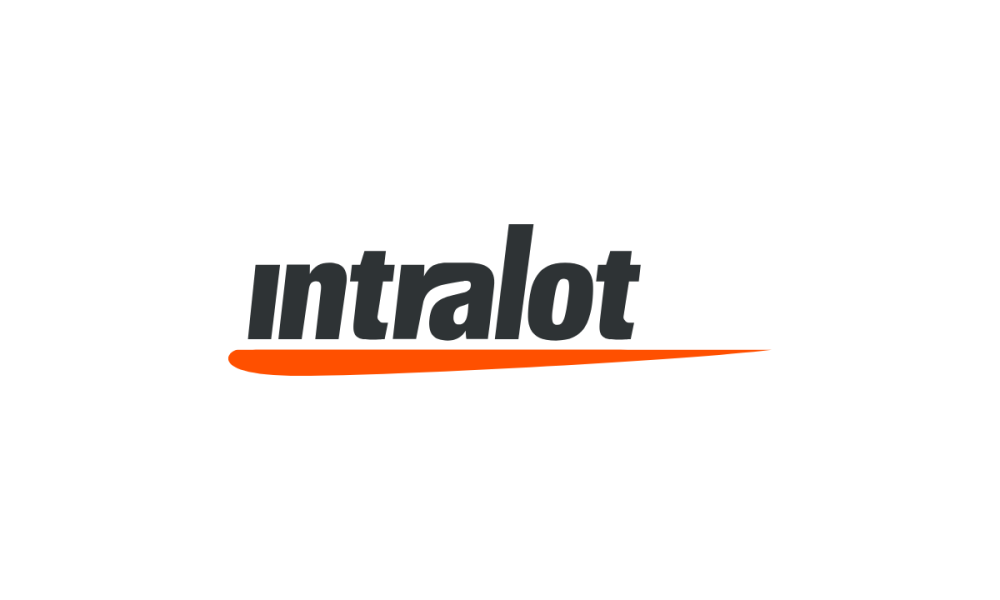

Compliance Updates
Belgium Makes Legal Age to Gamble at 21 from September
Belgium regulators have made new amendments to the gambling laws in the country with the legal gambling age from 18 to 21. This move aims to align the age requirements for sports betting, arcades and bingo with those already in place for land-based casinos. The revised regulations are set to come into effect on September 1, 2024, and have been outlined in a press release by the Gaming Commission, as published in the Belgium Official Gazette.
The decision to increase the legal gambling age in Belgium is part of a broader effort to prioritise player safety and well-being. By raising the age limit, the authorities aim to provide a more secure environment for individuals engaging in gambling activities. The new legislation includes several other measures designed to safeguard players and ensure responsible gambling practices:
- Prohibition of Devices “3.3”: The revised regulations include a ban on the use of specific gambling devices, known as “3.3” devices. This prohibition aims to eliminate potential risks associated with these devices and promote safer gambling experiences.
- Ban on Cumulation of Online Licences: The new laws also prohibit the cumulation of online licenses on the same website. This measure seeks to prevent operators from exploiting multiple licenses to maximise their reach and potentially exploit vulnerable players.
- Ban on Gifts/Bonuses/Free Games: Another noteworthy provision is the ban on offering gifts, bonuses, or free games to players. This restriction aims to minimise the potential for excessive gambling and the associated risks it may pose to vulnerable individuals.
- Ban on Advertising Games of Chance: The revised regulations also introduce a ban in principle on advertising games of chance. This change intends to reduce the exposure of individuals to gambling advertisements, particularly targeting vulnerable populations, such as minors and problem gamblers.
- Age Limit of 21 Years and Refund in Case of No Control: To ensure effective age verification and compliance with the new regulations, individuals who fail to provide proof of age will be eligible for refunds. This provision emphasises the importance of age control measures and strengthens the responsibility of operators in verifying the age of their customers.
The raised legal gambling age in Belgium will have implications for both operators and players within the country’s gambling industry. For operators, it means implementing necessary changes to comply with the new regulations and adapt their marketing strategies to adhere to the ban on advertising games of chance. Additionally, operators will need to ensure strict age verification processes to prevent minors from accessing gambling services.
Players, particularly those between the ages of 18 and 21, will be directly affected by the increase in the legal gambling age. Those who were previously eligible to participate in certain gambling activities may now need to wait until they reach the age of 21. However, it is essential for players to understand that this change is intended to protect them from any potential harm associated with underage gambling. Responsible gambling practices and adherence to legal age limits are crucial for maintaining a safe and enjoyable gambling environment.
While the decision to raise the legal gambling age has been made with the best intentions, there are concerns and criticisms regarding certain aspects of the revised regulations. One notable concern is the potential for the new advertising restrictions to inadvertently benefit illegal operators. The Belgium Association of Gaming Operators (BAGO) has expressed opposition to a total ban on gambling advertising, arguing that it could make it more challenging for consumers to differentiate between legal and illegal operators.
Tom De Clercq, Chair of BAGO, emphasises the need for targeted advertising limitations rather than a blanket ban. BAGO advocates for limiting advertising, particularly through traditional media, but warns against the potential negative consequences of a total ban. They believe that a comprehensive approach that combines responsible advertising practices and effective regulation is key to maintaining a healthy and well-regulated gambling industry.
Compliance Updates
KSPO K-Cycle & K-Motorboat Racing Holds Betting Integrity Sharing Agreement MOU Signing Ceremony with IBIA

Director Sung-chul Lee, the KSPO K-Cycle & K-Motorboat Racing Director, held a betting integrity monitoring agreement MOU signing ceremony with the International Betting Integrity Association (IBIA) at the seminar room of the Korean Cultural Centre UK on Tuesday, 5th August.
The MOU with IBIA represents a landmark moment for South Korean sports integrity, marking the first cooperation of its kind between IBIA and an Asian nation sports body, underscoring the significance of this new collaboration. The agreement demonstrates a commitment to aligning with global best practices in betting integrity and serves as a significant step in South Korea’s broader international engagement with the regulated sports betting sector.
In 2024, South Korea’s betting industry market recorded total sales of 25.3 trillion won (approx. €15.7 billion) and approximately 22.86 million users, establishing itself as a major foundation for public leisure and public fund creation. Among them, K-Cycle & K-Motorboat Racing recorded annual sales of 1.8859 trillion won (approx. €1.17 billion) and 12.5 million users (online/offline total), accounting for about 7.5% of the total betting industry sales in South Korea. Since the introduction of the system, K-Cycle & K-Motorboat Racing has contributed greatly to the promotion of national sports and the expansion of public finance by raising approximately 1.9464 trillion won (approx. €1.21 billion) for the National Sports Promotion Fund.
At the event, General Director Sung-chul Lee stated, “Through this agreement, KSPO K-Cycle & K-Motorboat Racing has elevated the status of K-Sports and has taken a leap forward to global standards.” He added, “I would like to express my deep gratitude to CEO Khalid Ali and the IBIA officials for their cooperation in making this agreement successful. Following this agreement, we intend to supply the KSPO K-Cycle & K-Motorboat Racing products to the international betting market, protected by this important integrity collaboration.”
IBIA is the leading global voice on integrity for the regulated betting industry, representing many of the world’s largest licensed operators. A not-for-profit organisation established in 2005, IBIA manages a global monitoring and alert network that tracks transactional activity to detect suspicious betting patterns across its members’ markets, which generate over $300bn in sports betting revenue per annum. The association works closely with major sports bodies like FIFA, UEFA, the ITIA and the IOC, as well as regulators worldwide, to support the fight against betting-related corruption. Committed to transparency, IBIA publishes regular integrity reports and requires all members to meet strict due diligence and betting integrity standards.
Khalid Ali, CEO of IBIA, commented: “This agreement marks an important step forward, not only for KSPO and the integrity of K-Cycle and K-Motorboat Racing, but for the advancement of betting integrity standards across Asia. IBIA is delighted to support KSPO in setting a benchmark for clean, transparent and accountable sports betting operations in the region. We look forward to building on this partnership and helping to portect the integrity of K-Sports’ products.”
Professor Jae-kwang Shin of Seokyeong University commented, “The agreement with IBIA is an essential gateway for entering the global betting market, and the process of meeting its standards is quite challenging. The fact that this agreement with KSPO was one of the first in Asia is a remarkable achievement for South Korea’s sports and can be seen as a great accomplishment.” He also evaluated, “In the future, the KSPO will be able to play a significant role as a leader in the betting industry in Asian countries, and this also provides KSPO with a good opportunity to engage with IBIA’s vast global network.”
Through this agreement, KSPO K-Cycle & K-Motorboat Racing has committed to working in alignment with IBIA’s monitoring and reporting framework, strengthening its ability to identify and act on suspicious activity in the betting market. The partnership serves to reinforce South Korea’s sports integrity infrastructure and ensure compliance with internationally recognised standards. With the support of IBIA’s monitoring platform and global network, KSPO aims to build confidence among stakeholders and support the integrity of the betting environment both domestically and abroad.
The completion of this MOU also involved FnS Co. Ltd. (CEO Ho-young Choi), a sports consulting firm that has maintained a strong cooperative relationship with KSPO and has been actively pursuing international opportunities over the past three years. The firm’s extensive network across the UK and Europe played a particularly effective role in facilitating this agreement.
The signing ceremony was attended by Sung-chul Lee, General Director of the KSPO K-Cycle & K-Motorboat Racing Headquarters, Myung-ho Jeon, Senior Manager of the KSPO, Ho-young Choi, CEO of FnS Co., Ltd., and Professor Jae-kwang Shin of Seokyeong University. From IBIA, CEO Khalid Ali and Jason Foley-Train, Head of International Development, were present.
The post KSPO K-Cycle & K-Motorboat Racing Holds Betting Integrity Sharing Agreement MOU Signing Ceremony with IBIA appeared first on European Gaming Industry News.
Compliance Updates
Intralot informs the investment community about the withdrawal of the Maryland contract award Augu

Intralot S.A. informs the investment community that the Maryland State Lottery and Gaming Control Agency (USA), despite an initially favorable recommendation, has ultimately rejected the bid submitted by its subsidiary, Intralot, Inc., for the award of a contract for a new Central Lottery Monitoring and Control System in the State. The rejection was based on the alleged failure to meet the minimum required percentage of subcontracting to local subcontractors.
This decision comes as a great surprise, especially considering that Intralot, Inc. had allocated a significantly higher percentage of the project to local subcontractors than the minimum required.
Moreover, the company had provided the Commission with very detailed clarifications, and the Commission was fully aware of the identity and role of these subcontractors. In fact, the Commission innitially ruled that all participants in the bidding process complied with the requirements of the relevant RFP — something the Commission itself acknowledges.
The Company reserves all its legal rights and intends to pursue every legal remedy available to protect the interests of its shareholders. The bid submitted by Intralot, Inc. is technically sound and by far the most financially advantageous, significantly outperforming the second-best offer. Should it not be accepted, the State of Maryland stands to lose a substantial financial benefit.
The post Intralot informs the investment community about the withdrawal of the Maryland contract award Augu appeared first on Gaming and Gambling Industry in the Americas.
Aquisitions/Mergers
DIA and Christchurch Casino Reach Settlement in Anti-Money Laundering Proceedings

The New Zealand Department of Internal Affairs has reported that a settlement has been reached in the civil proceedings against Christchurch Casinos Limited for alleged breaches of its obligations under the Anti-Money Laundering and Countering Financing of Terrorism Act 2009.
As part of the settlement, Christchurch Casino has admitted all seven causes of action in DIA’s amended statement of claim and has agreed to join DIA in recommending that the High Court impose a penalty of $5.06m on Christchurch Casino.
Between May 2023 and September 2024, DIA conducted an investigation into Christchurch Casino’s AML/CFT compliance, and found that it had breached a number of its obligations under the Act.
DIA found that Christchurch Casino had failed to establish, implement and maintain a compliant AML/CFT compliance programme, adequately monitor accounts, conduct compliant enhanced customer due diligence, terminate existing business relationships when required and keep records as required by the Act. These failures spanned between December 2018 and December 2023.
“This agreement is a significant and positive outcome. It’s encouraging to achieve our intended result without the time and expense of court proceedings” said Serge Sablyak, Director of AML/CFT Group.
“While the regulatory breaches were serious, we acknowledge Christchurch Casino’s decision to admit to the breaches and take responsibility for what were substantial failings.”
“We’re proud that our work has strengthened the integrity of New Zealand’s financial system and has helped build public confidence in the prevention of money laundering and terrorism financing.”
DIA and Christchurch Casino have recommended to the High Court that the matter now proceed to a penalty hearing for the Court to determine the appropriate penalty to be imposed on Christchurch Casino.
Christchurch Casino is not alleged to have been directly involved in money laundering or the financing of terrorism.
The post DIA and Christchurch Casino Reach Settlement in Anti-Money Laundering Proceedings appeared first on European Gaming Industry News.
-

 gaming3 years ago
gaming3 years agoODIN by 4Players: Immersive, state-of-the-art in-game audio launches into the next generation of gaming
-
EEG iGaming Directory8 years ago
iSoftBet continues to grow with new release Forest Mania
-
News7 years ago
Softbroke collaborates with Asia Live Tech for the expansion of the service line in the igaming market
-
News7 years ago
Super Bowl LIII: NFL Fans Can Bet on the #1 Sportsbook Review Site Betting-Super-Bowl.com, Providing Free Unbiased and Trusted News, Picks and Predictions
-
iGaming Industry8 years ago
Rick Meitzler appointed to the Indian Gaming Magazine Advisory Board for 2018
-
News7 years ago
REVEALED: Top eSports players set to earn $3.2 million in 2019
-
iGaming Industry8 years ago
French Senator raises Loot Boxes to France’s Gambling Regulator
-
News7 years ago
Exclusive Interview with Miklos Handa (Founder of the email marketing solutions, “MailMike.net”), speaker at Vienna International Gaming Expo 2018











